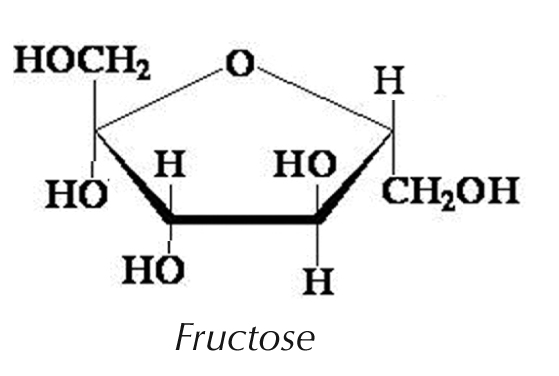TromboneAl
Give me a museum and I'll fill it. (Picasso) Give me a forum ...
- Joined
- Jun 30, 2006
- Messages
- 12,880
Added sugar seems to be getting more attention, and they even plan to call it out on nutrition labels.
Here is fructose from a grape or an apple:

and here is fructose from added sugar:

I looked at these for a long time, and can't see any difference.
My point is, that there's no difference, so why act as if added sugar is worse than regular sugar? Am I missing something? Adding sugar is bad, I get that, but all sugar is bad for you.
A recent report on NBC almost got it right. It said "So, a glass of freshly squeezed orange juice may be loaded with sugar." Can't figure out why they said "may be" instead of "is"--there's no mystery.
Here is fructose from a grape or an apple:

and here is fructose from added sugar:

I looked at these for a long time, and can't see any difference.
My point is, that there's no difference, so why act as if added sugar is worse than regular sugar? Am I missing something? Adding sugar is bad, I get that, but all sugar is bad for you.
A recent report on NBC almost got it right. It said "So, a glass of freshly squeezed orange juice may be loaded with sugar." Can't figure out why they said "may be" instead of "is"--there's no mystery.




